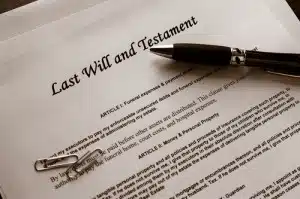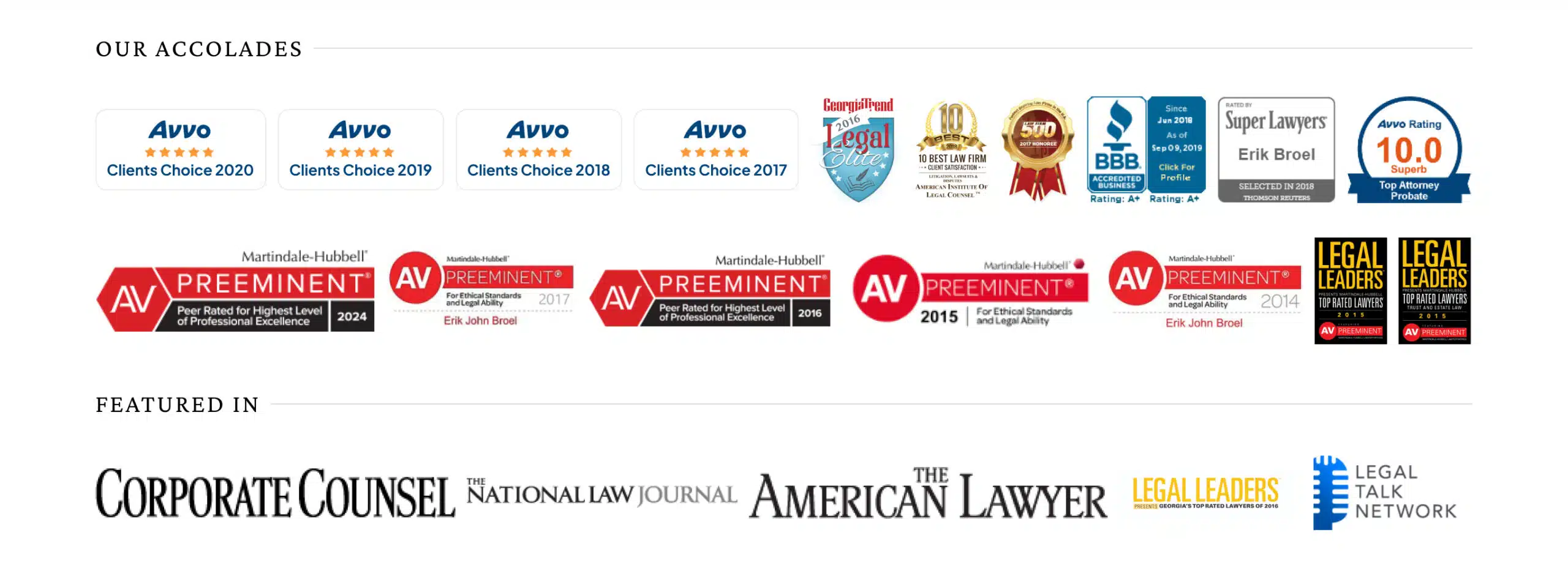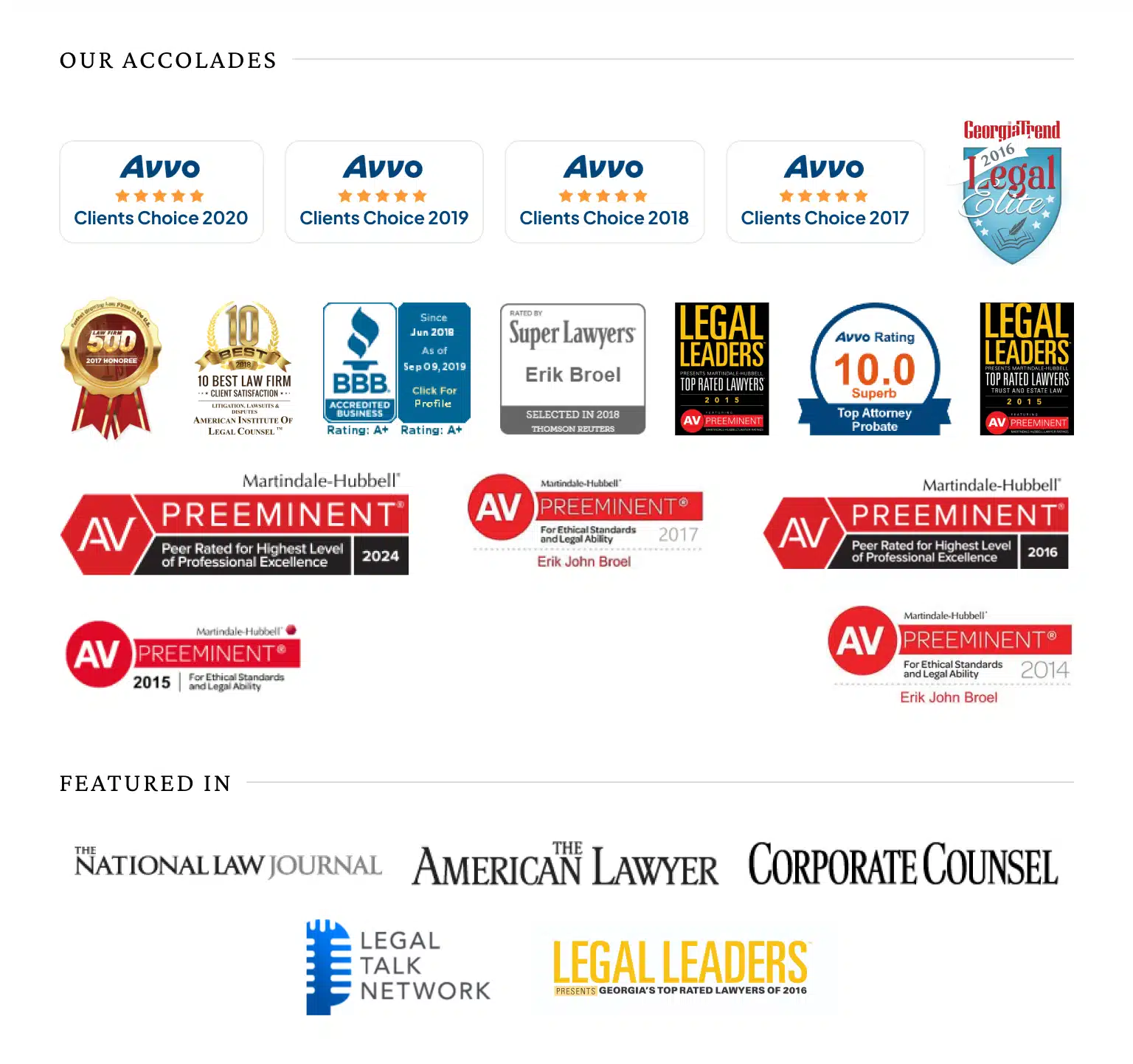
I want start off by addressing a not widely known fact, under Georgia probate law, a person in the possession of an original Will has a duty to file said Will in the appropriate county probate court. This does not mean they are required to probate the Will. You can file a Will with the probate court for informational purposes only. However, depending on the situation this does not always happen, and the validity of copies of Wills and older Wills are often unknown.
Learn Important Probate Essentials, including key things that go wrong in an estate, how to prevent them, and what to do if they happen.
Learn Important Probate Essentials, including key things that go wrong in an estate, how to prevent them, and what to do if they happen.
If you are in possession of a copy of a Will that you believe to be a valid Last Will and Testament and are unable to locate the original you can file the copy to be probated. When filling a copy of a Will you must provide the court with an affidavit from at least one of the witnesses that signed the will (Georgia requires two witnesses). If you are unable to locate the witnesses after sufficient efforts you can still ask the court to accept the copy based on your good faith efforts to locate the witnesses.
The process of probating a Will can be a fairly easy process or a very difficult process. First let’s discuss the easy way, if all the heirs are in agreement with having the Will filled you can obtain all of their consents. This allows for a much greater chance of the probate Judge accepting the Will as the true Last Will and Testament of the deceased. You will also not have the daunting and sometimes expensive task of providing notice to all the heirs of the estate. This brings us to the more difficult process of probating an estate.
If all the heirs are not in agreement, notice will have to be given to all the heirs that do not consent to the Will being filed for probate. Once notice is sent (usually via sheriff service or certified mail) to all heirs, this is the point when heirs or other interested parties have an opportunity to object. This is also the point when someone may come forward with an original Will, or a Will that is more recent.
If someone else files another Will to be probated the court will have to determine which is the true Last Will and Testament of the deceased, thus determining which Will should be admitted to be probated. The surrounding circumstances and specific facts to each case will weigh heavily on the court’s decision of which Will should be admitted.
As you can see there are many different ways this scenario can play out and our office always recommends speaking with a qualified probate attorney to evaluate all your options. Depending on the specific facts related to your personal situation can greatly change which option would be best for you situation. Contact us for a free consultation.
Compassionate listeners, knowledgeable guidance. Schedule a free consultation with our team and let us help you and your family with your legal concerns.
GET IN TOUCH 770-796-4685Learn Important Probate Essentials, including key things that go wrong in an estate, how to prevent them, and what to do if they happen.



© 2025 Georgia Probate Law Group by Broel Law, LLC. All rights reserved.